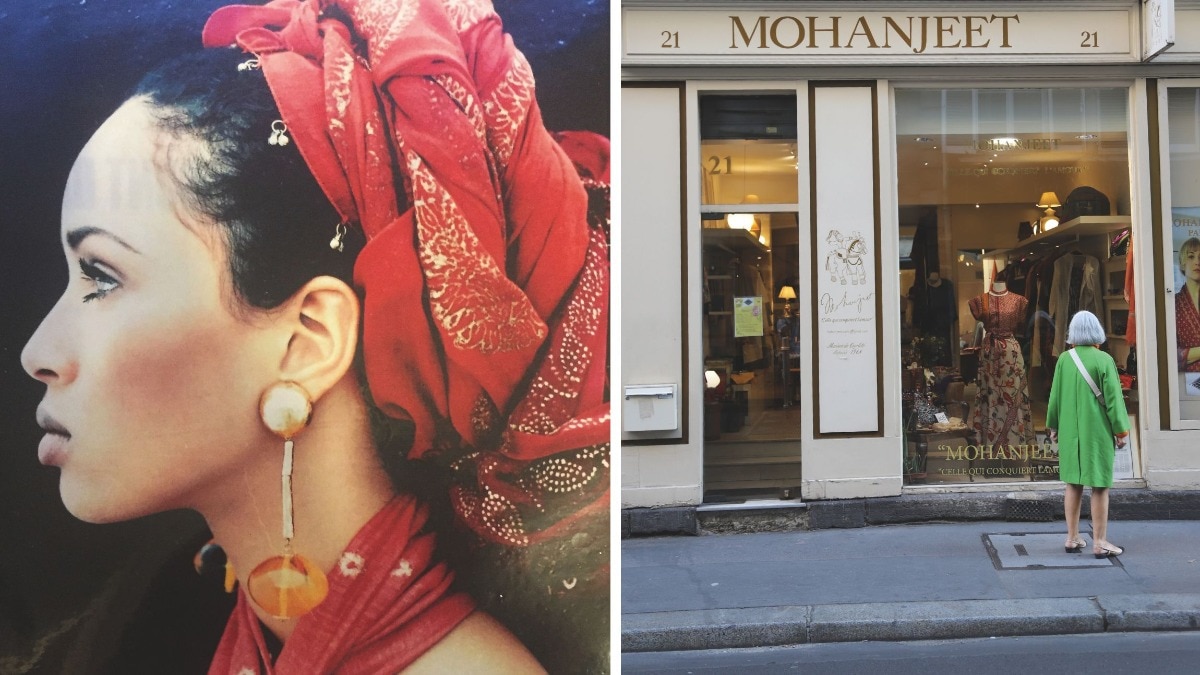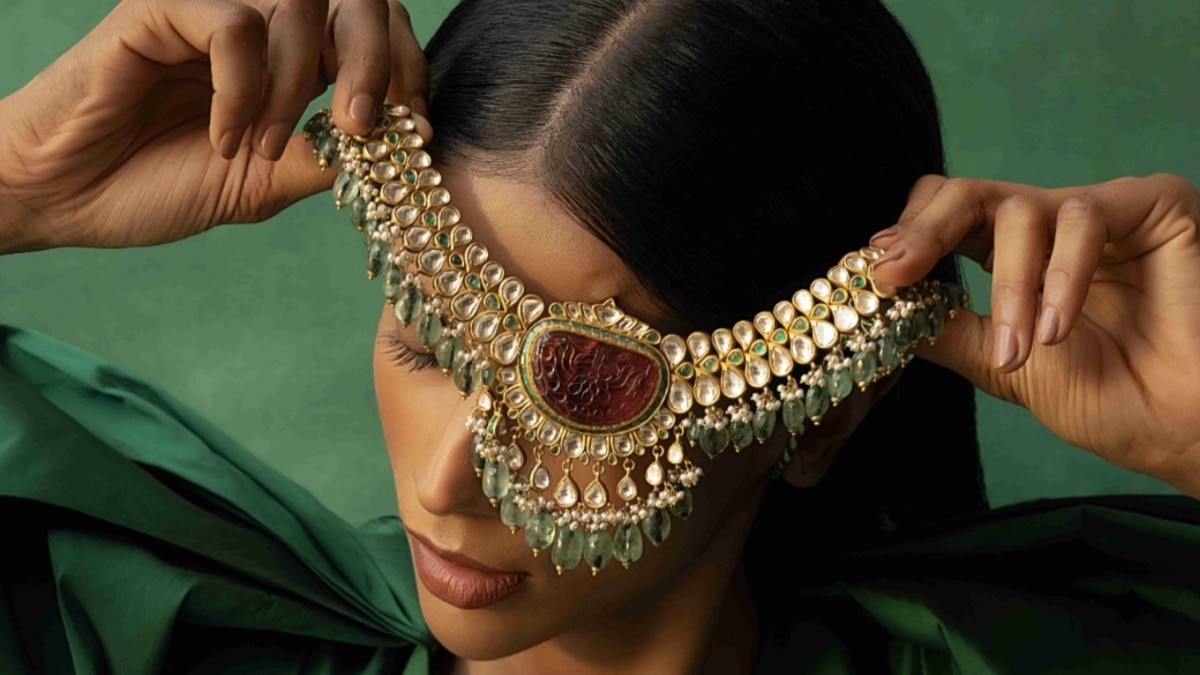
Cartier CEO Sophie Doireau talks about an initiative that promotes women entrepreneurs
In celebration of the 18th edition of the Cartier Women's Initiative, Bazaar India takes a deep dive into the programme that helped countless entrepreneurs across the globe.


Cartier recently celebrated the 18th edition of the Cartier Women’s Initiative Awards, held in Shenzhen, China. Started almost 18 years ago, the initiative evolved from a small-scale project to a powerful global network, championing women entrepreneurs and driving meaningful change worldwide. In an exclusive conversation with Harper's Bazaar, Sophie Doireau, CEO of Cartier for the Middle East, India, Africa, and Türkiye spoke about the programme’s growth, its impact on women entrepreneurs, her personal journey as a leader, and more.

Harper’s Bazaar: Can you tell us more about the Cartier Women’s Initiative and its importance for the brand?
Sophie Doireau: The Cartier Women’s Initiative was launched 18 years ago to support women entrepreneurs and help them make a global impact. It started out as a small initiative but, today, we have a vibrant community of 300 people from across the globe representing 66 countries. It is nearly 700 if you include the jury members who offer their time, passion, and insights to the programme, providing valuable feedback to foster growth and success.
HB: How did the Cartier Women’s Initiative evolve through the years?
SD: We started with six regions and have now expanded into nine and introduced two new awards—one focused on technology and another on diversity, equity, and inclusion, which is also open to men. The initiative has grown significantly in terms of internal awareness at Cartier. Externally, the programme has gained credibility and visibility, reflecting our efforts to honour and support women entrepreneurs. At Cartier, we are enablers helping women to shine, grow their businesses, and scale up.
HB: The initiative has an international reach, including many fellows from India. Do you have any particular memory of a fellow from India?
SD: There was this woman named Deepal who lost her husband to cancer. She spoke about how difficult it was going through the cancer treatments with her husband and how she wanted to ease the journey of others suffering from the disease. So she created an online platform to create exchanges to support cancer patients. She was determined to transform her grief into a helpful resource, which is truly inspiring. Another example would be this remarkable woman named Ira who addressed the issue of menstrual hygiene. Realising that many girls and women in India miss school and work due to a lack of affordable sanitary products, she developed an adaptable menstrual cup. Her initiative started in India and expanded to the Middle East, creating a significant ripple effect where she is now collaborating with the government and schools to promote this solution. These stories show how a simple idea can impact the communities in India and the lives of these girls.

HB: Can you tell us more about this edition, the fellows, and the ceremony?
SD: This edition features 33 people out of which 12 are from our operational region. We also have three new countries—Vietnam, Morocco, and Peru. This expansion demonstrates the programme's growing global reach, even in countries where we don’t necessarily operate. We’ve worked hard at Cartier to raise awareness about the programme through our schools and universities, and it’s paying off with more and better applicants. This is also going to be our first time hosting the programme in China because we have a lot of entrepreneurs in this country. We know that language can be a barrier, so we've introduced Francophone sections in Africa and similar accommodations in China, ensuring non-English speakers can access the programme.

HB: As the first female CEO for the region, what was your main challenge?
SD: It's difficult for me to pinpoint a specific challenge because I haven't faced many obstacles. I think my first challenge was overcoming the glass ceiling I created for myself, grappling with imposter syndrome, and questioning if I was in the right place and whether I could succeed. Fortunately, the support from my management and the progressive environment where I live have been instrumental. Women are increasingly prominent in this region, and I feel part of this driving force. In India and the Middle East, more women are entering both private and public sectors, including ministerial positions. This shift has helped me embrace who I am and remain deeply involved and accessible. Believing in yourself is crucial for leadership and empowering others. Trusting my team allows me to lead without fear, fostering their growth without feeling threatened. In summary, I don't see any barriers in my career.
HB: Do you have any advice for young women and women entrepreneurs?
SD: Yes, it ties into what I just mentioned: believe in yourself. Love yourself, be confident, and understand that everything starts with you if you want to become a leader. If you don’t believe in yourself, it will be difficult for you to succeed. Be bold and think outside the box. Challenge the status quo instead of sticking to outdated practices. It's also crucial to take time for yourself. And sometimes you have to make tough choices about your commitments. By prioritising what truly matters, you empower your team and allow others to step up. Ultimately, be true to yourself. For me, there's only one Sofie, and staying authentic is key.
All images: Cartier
Also read: This Cartier exhibition chronicles the maison’s artistic inspirations from the East
Also read: Vibrant bauble accessories that can elevate any outfit










